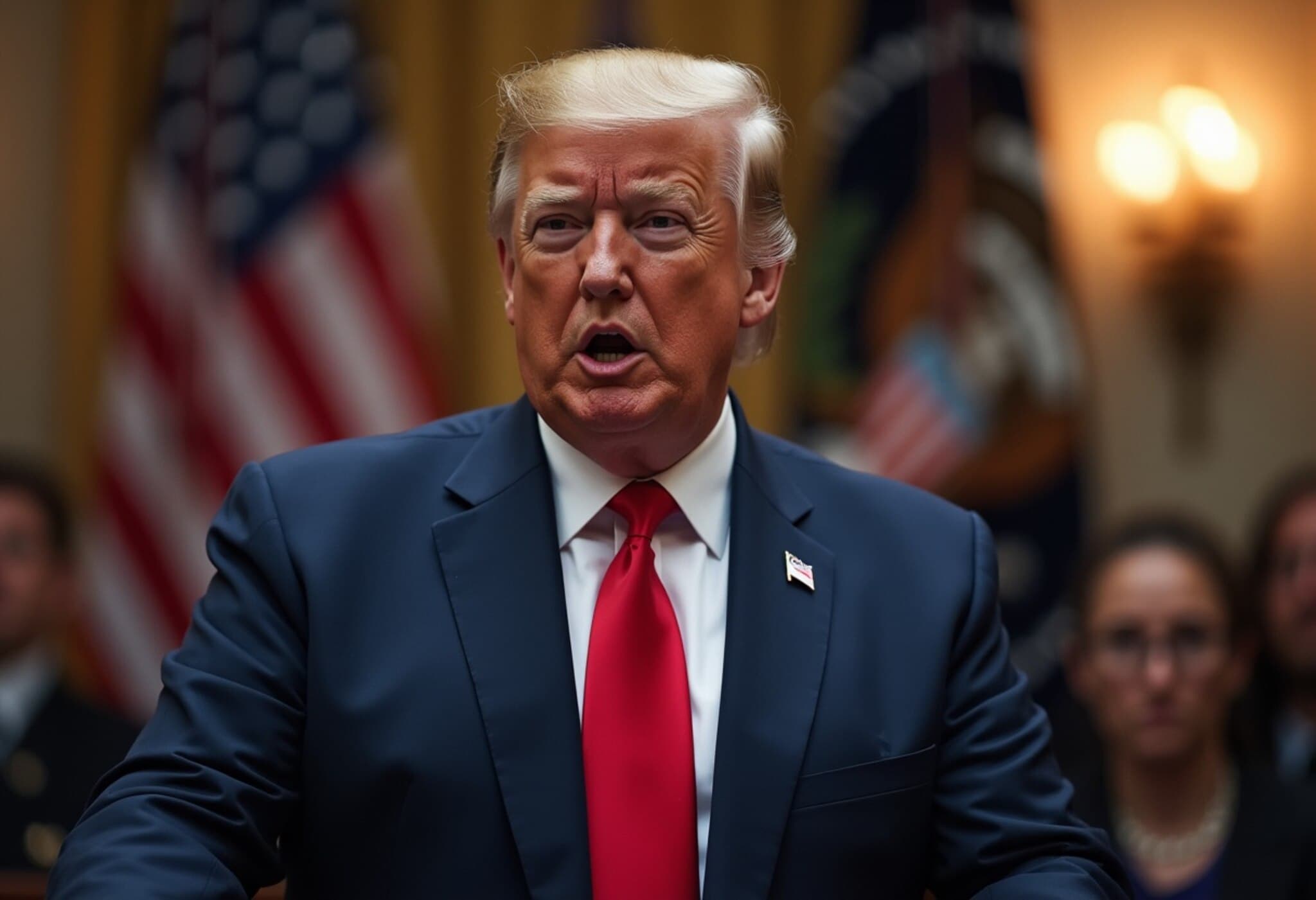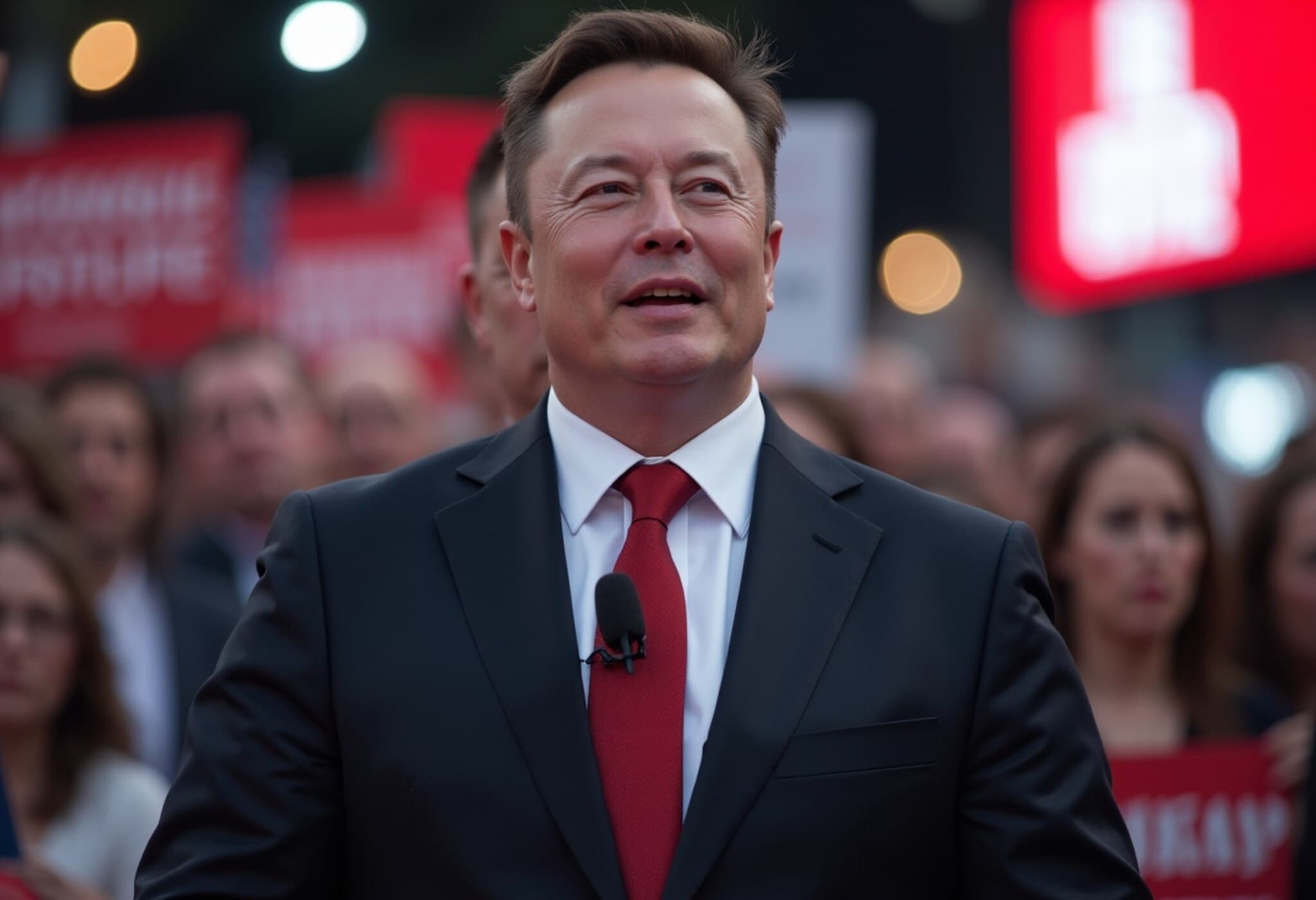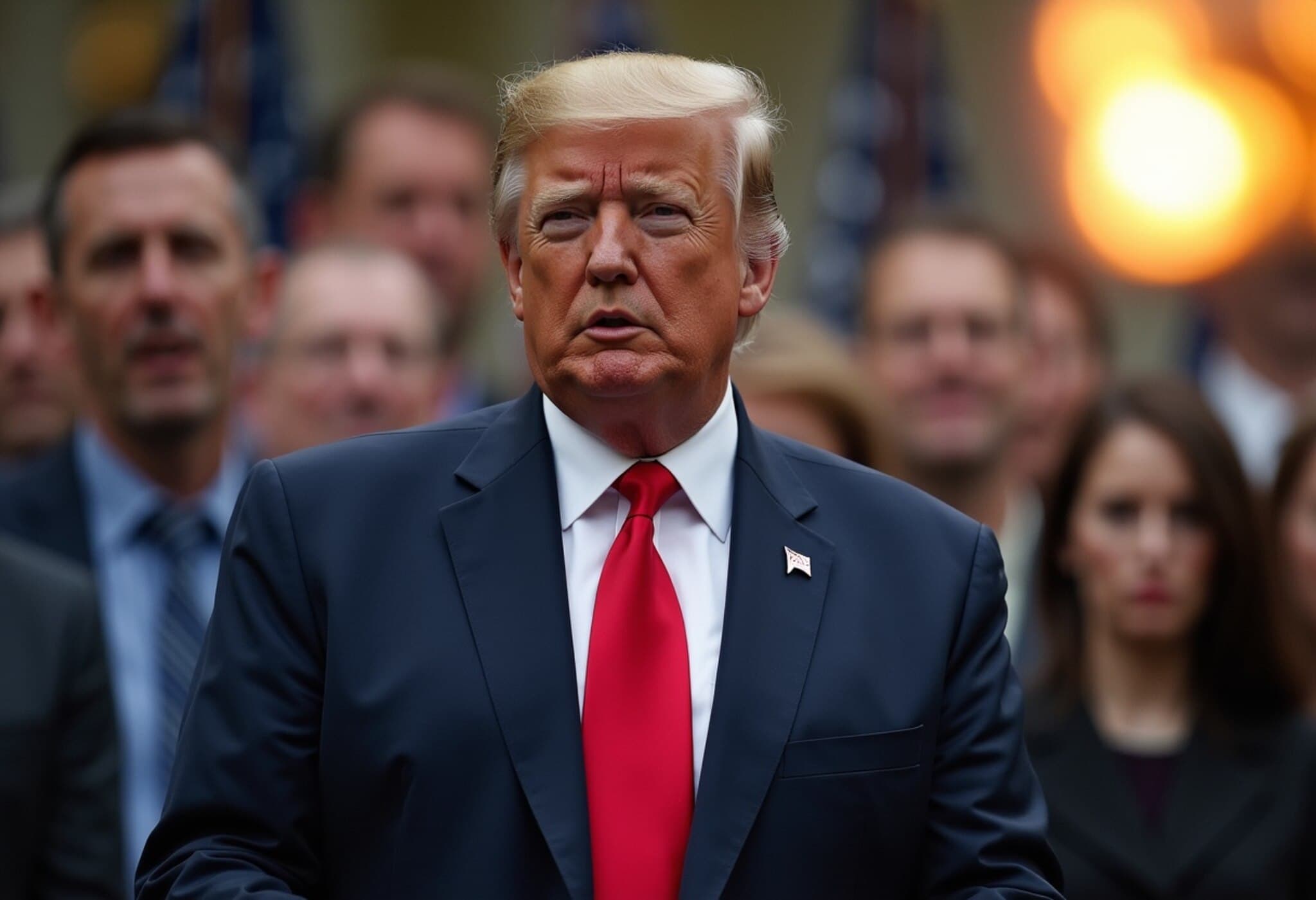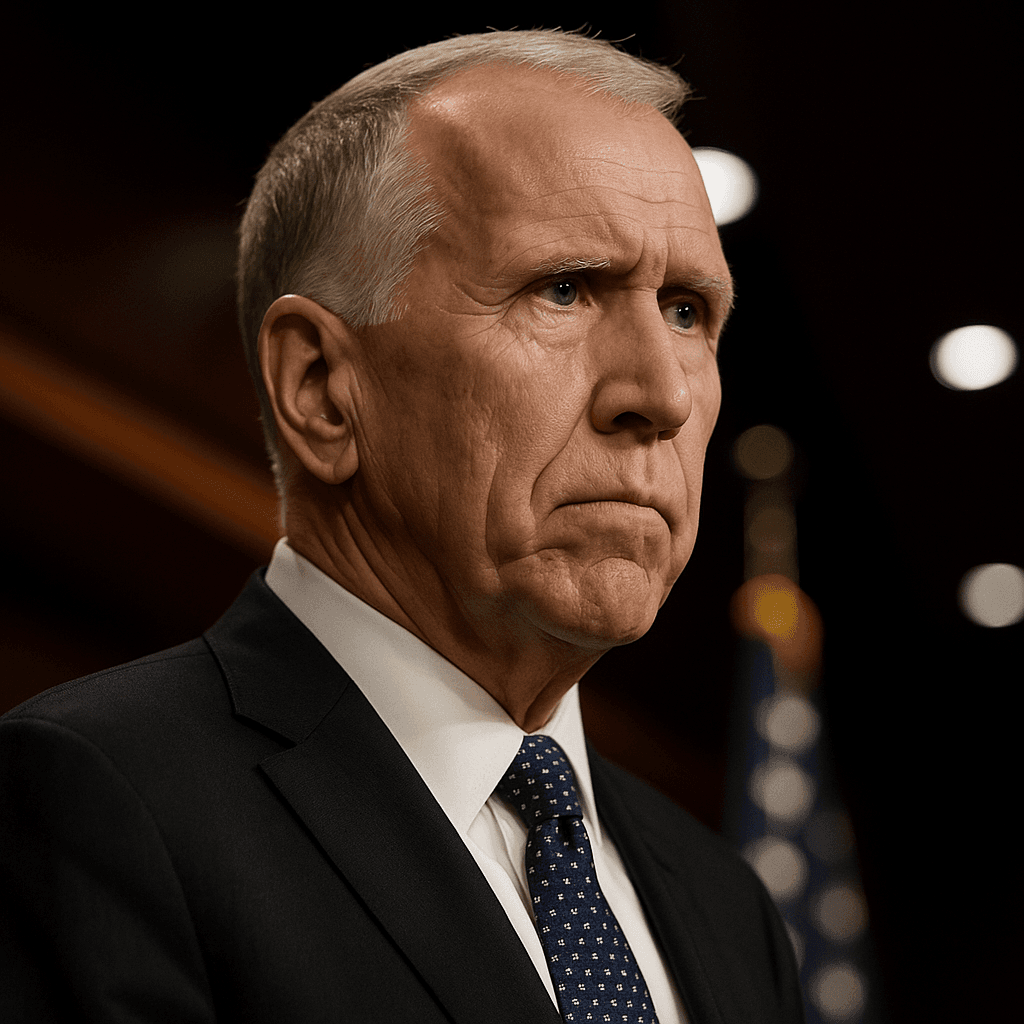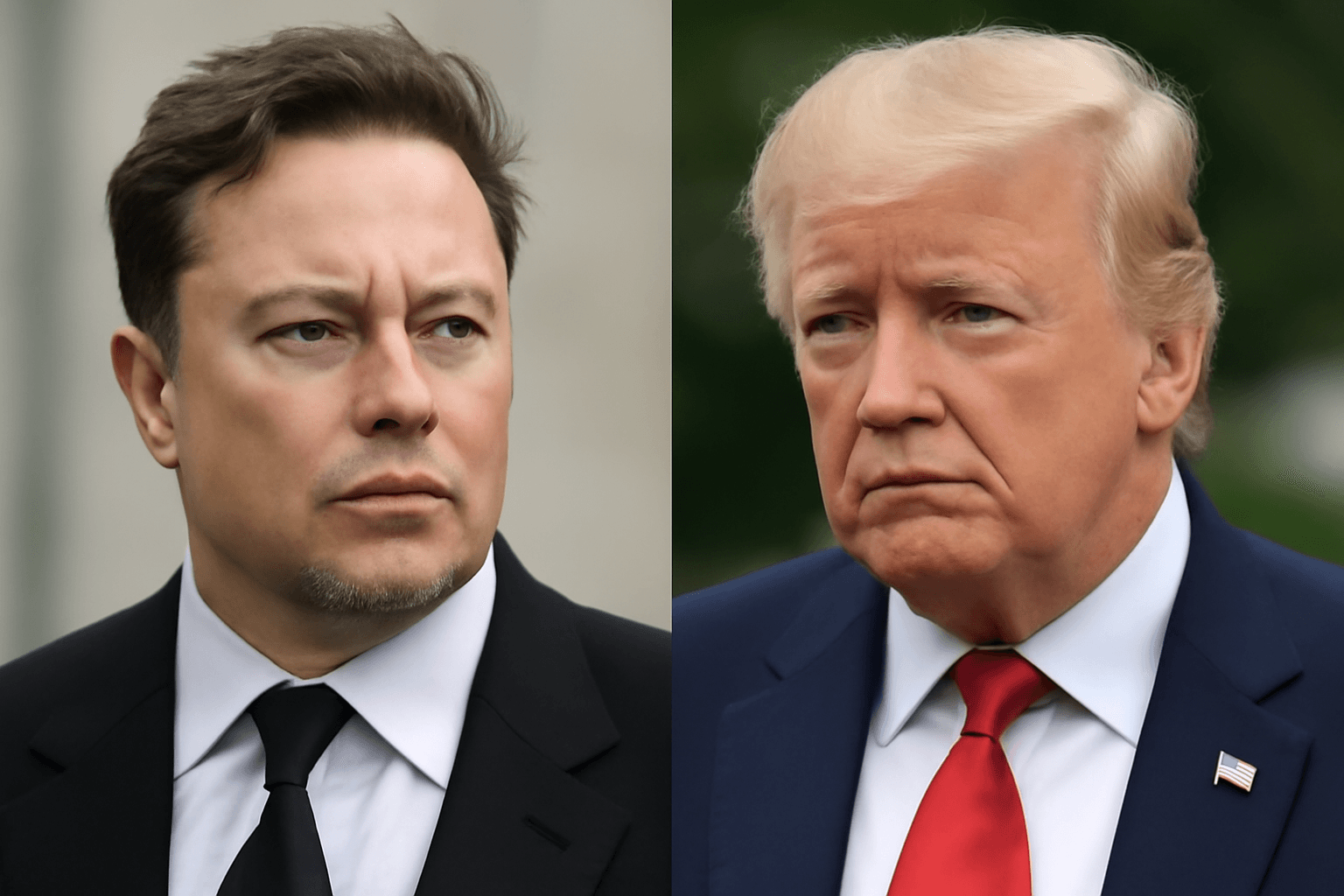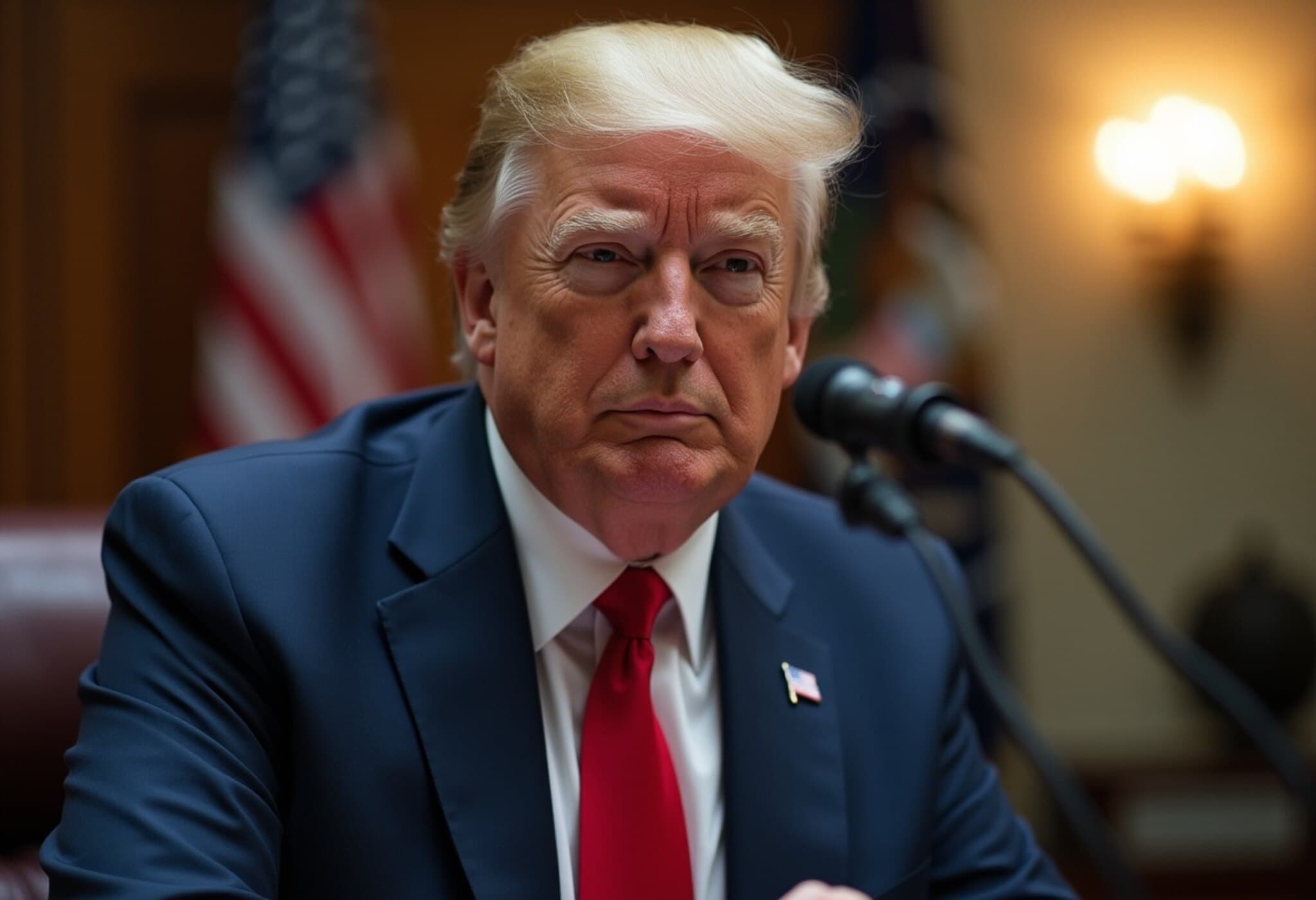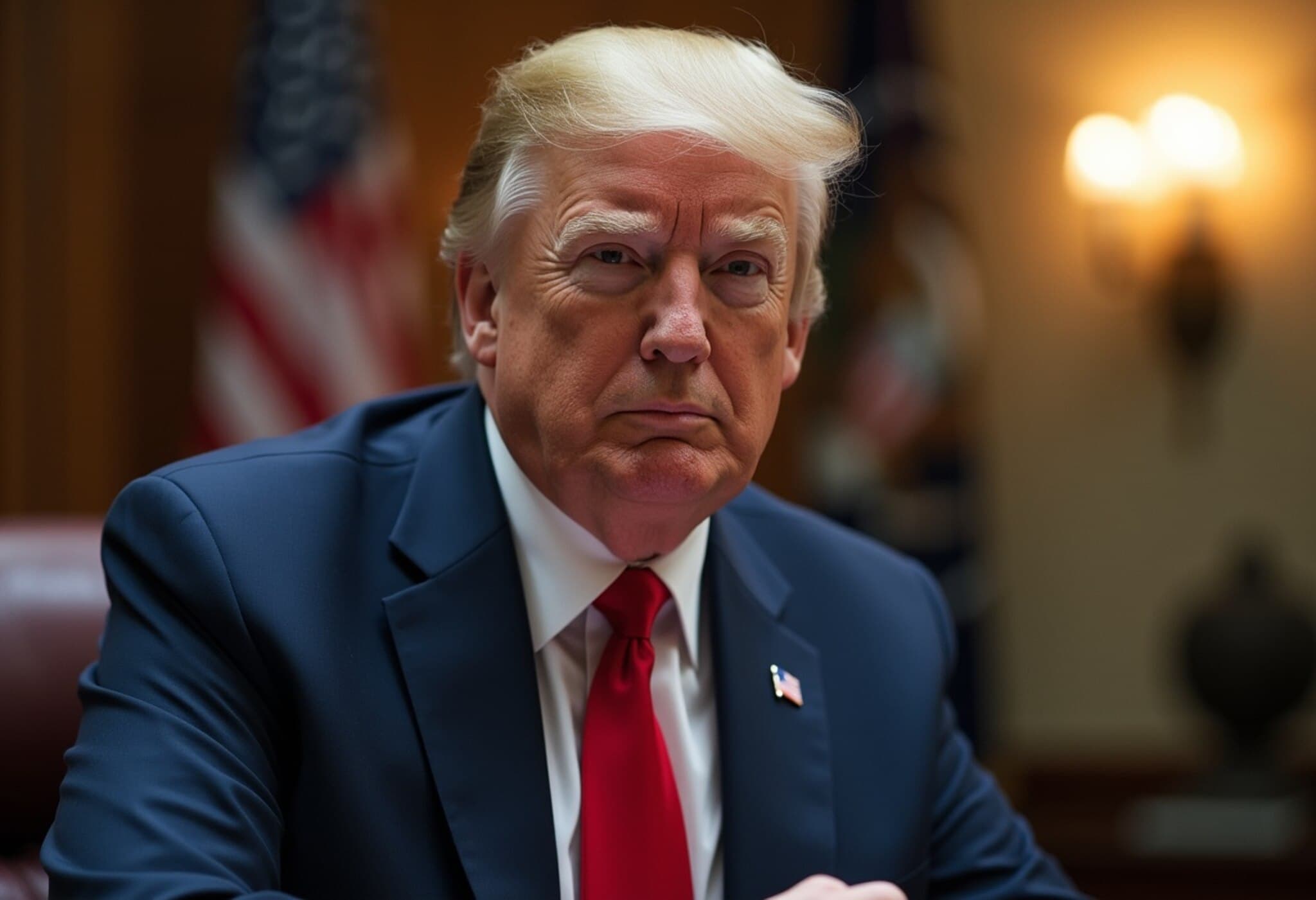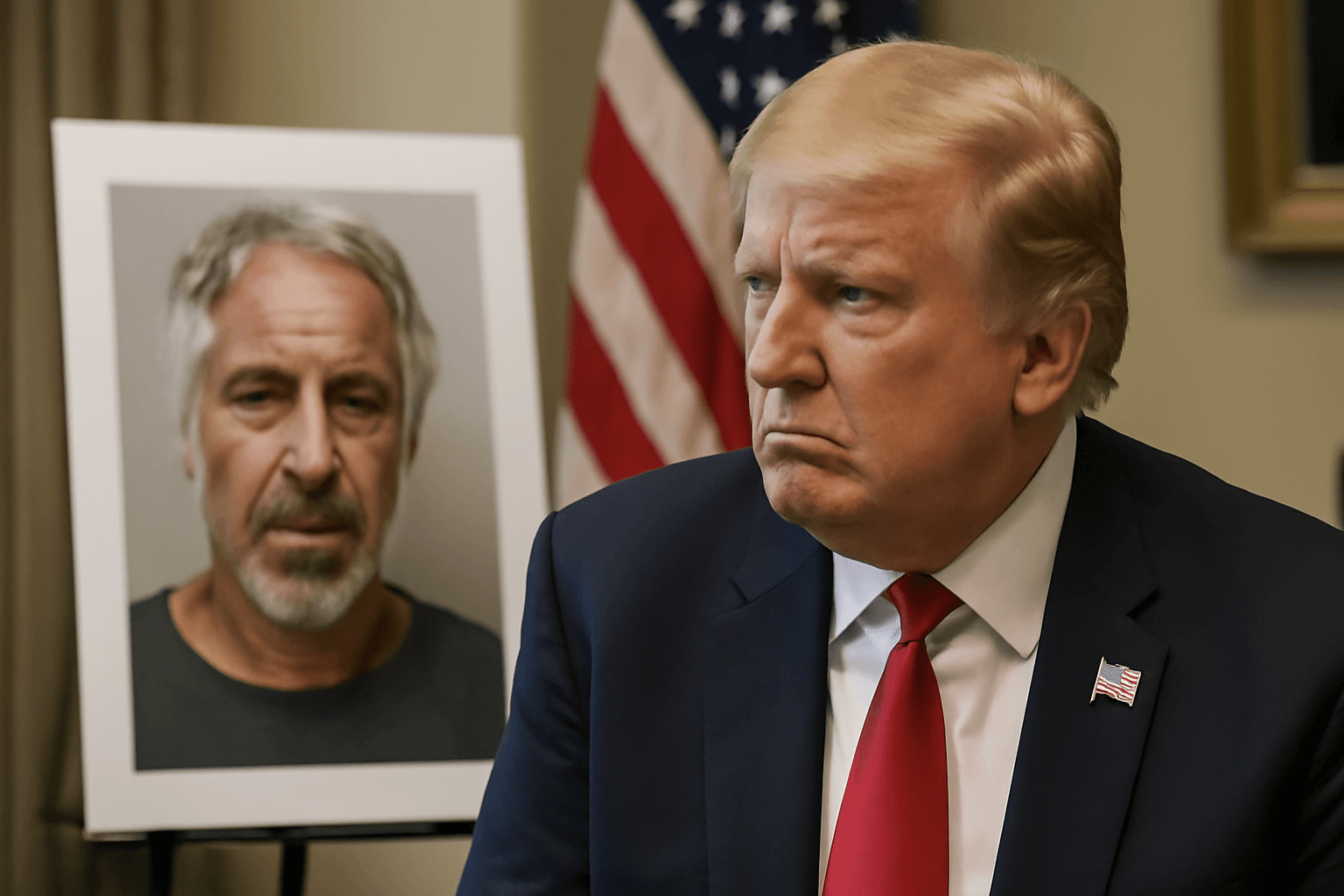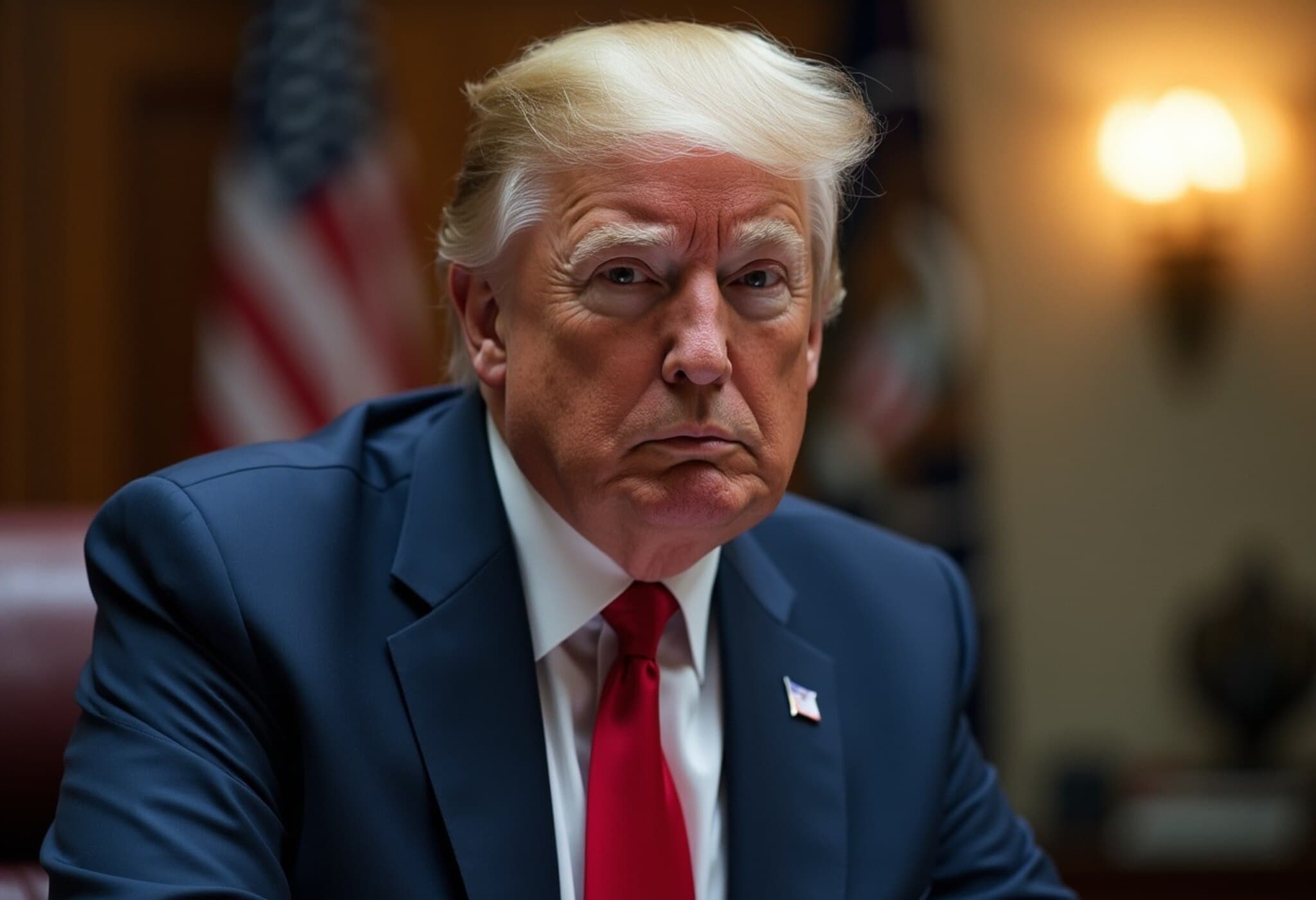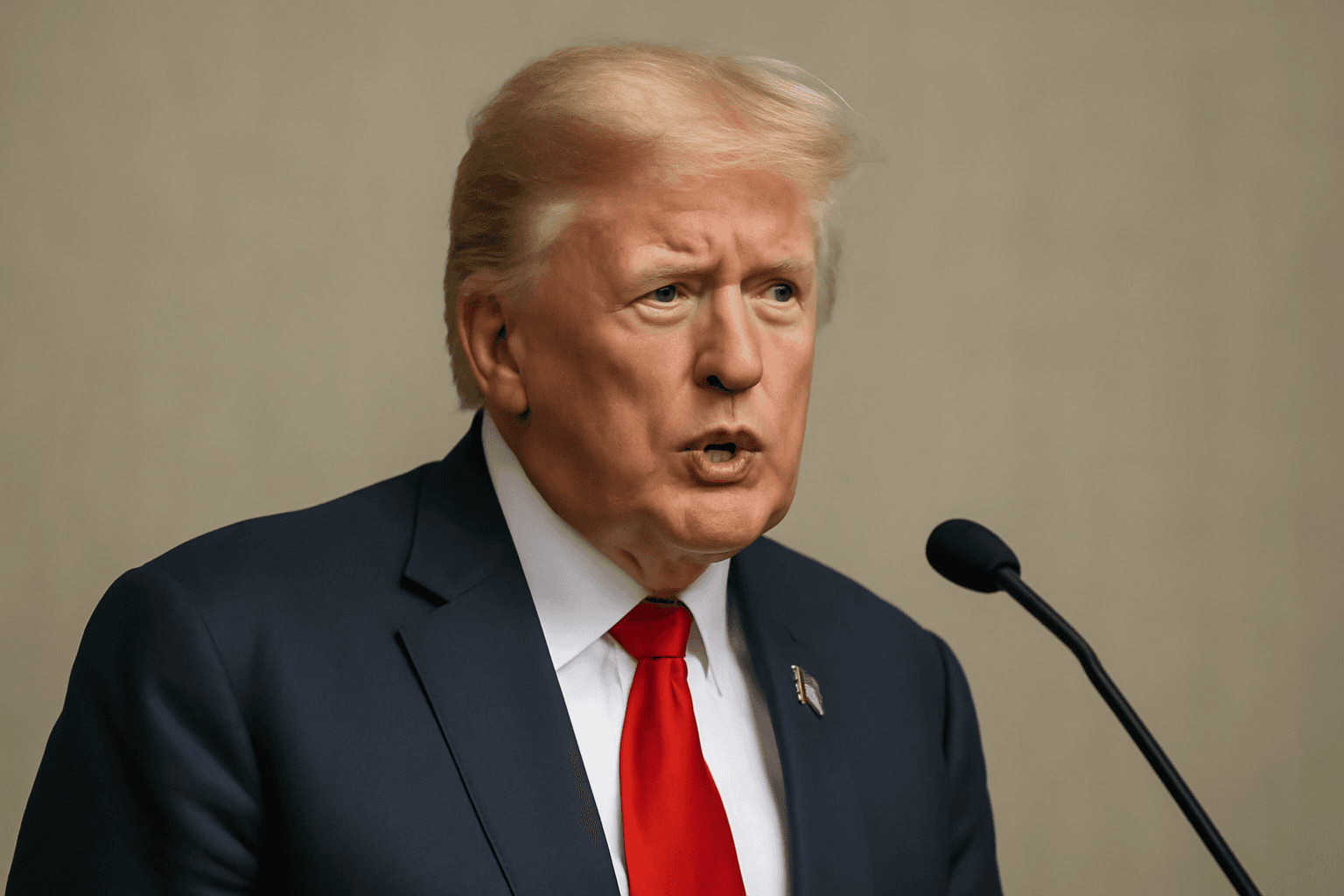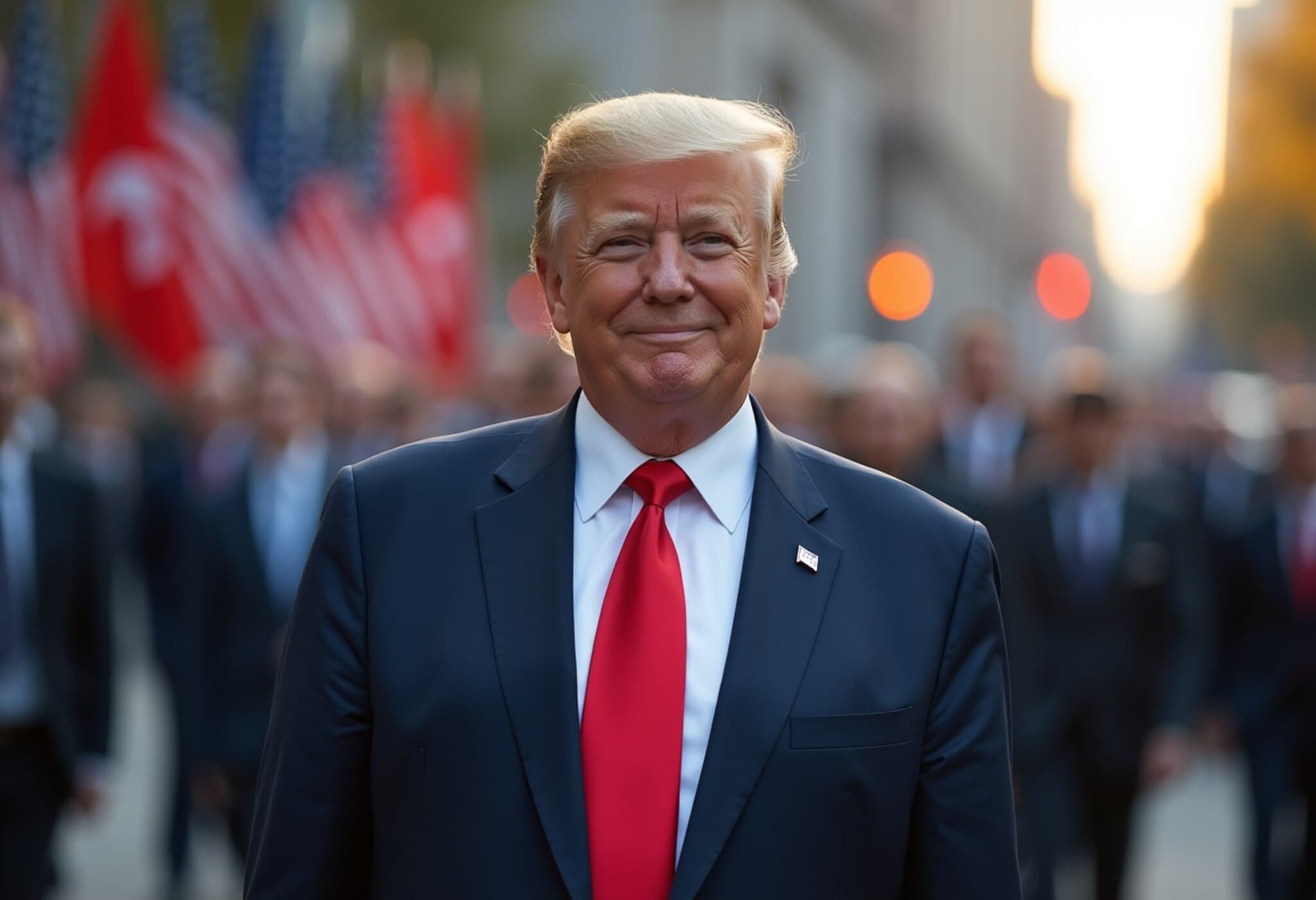Trump Asserts Record-High Support from MAGA Base Despite Epstein Fallout
Former U.S. President Donald Trump recently declared that his approval ratings within the Republican Party and the MAGA movement have soared to unprecedented levels, reaching figures as high as 95%. This surge comes amid the ongoing controversy surrounding his past association with convicted sex offender Jeffrey Epstein. Trump’s statements, delivered via his social media platform Truth Social, emphasize his belief that the accusations and scrutiny are politically motivated attacks by what he terms "radical left Democrats" and "troublemakers."
Contextualizing Trump’s Poll Claims
While Trump boasts of these high numbers, independent polling offers a more nuanced picture. A recent CNN/SSRS poll shows Trump maintains an 88% approval rating among Republicans, underscoring his enduring influence in the party. However, his favorability among independents dips significantly to just 32%. Moreover, a majority of Americans (61%) oppose the "Big Beautiful Bill Act," broadly reflective of much of Trump’s domestic policy agenda during a potential second term.
The Epstein Controversy: Legal and Political Implications
The backdrop to Trump's popularity claims is the ongoing scrutiny over Jeffrey Epstein, whose connections to powerful figures have fueled persistent public interest and legal inquiries. Recently, The Wall Street Journal published details from a note gifted to Epstein that referenced Trump by name alongside a crude illustration. Trump has categorically denied authoring the note and has escalated the issue by filing a $10 billion defamation lawsuit against the Journal, signaling a fierce legal battle ahead.
Justice Department and Transparency Demands
Amid public demand for transparency, Trump stated that he has urged the Justice Department to release all Grand Jury testimonies related to Epstein, pending court approval. Yet, he expressed skepticism about the potential impact of such disclosures, anticipating that critics and political opponents will continue to press relentlessly. His messaging portrays the controversy as a sustained campaign to undermine his political resurgence.
MAGA Movement’s Rallying Response
Despite weeks of critical coverage, Trump’s MAGA base has coalesced around him more tightly than ever. Influential MAGA podcasters and former close advisors like Steve Bannon have framed this period as a moment of unified offense. Bannon notably remarked, "They tried to actually destroy him," suggesting the controversy has galvanized supporters rather than weakened Trump's standing.
- Eric Posobiec, prominent MAGA podcaster, emphasized the movement’s unity and renewed vigor.
- Steve Bannon highlighted the need for constant vigilance and offensive strategies to counter political attacks.
Examining the Broader Significance
Trump’s relationship with Epstein during the 1990s and early 2000s, including multiple photographed encounters, remains a focal point for critics seeking to challenge his character and suitability for future office. However, the polarized response to these revelations illuminates the deep fissures in contemporary American political discourse—where factual controversies become battlegrounds for cultural identity and partisan loyalty.
Furthermore, Trump’s ability to maintain and even boost his political support amid such allegations raises crucial questions about the role of media, legal processes, and political messaging in shaping public opinion within the increasingly fragmented U.S. electorate.
What This Means for the 2025 Election Cycle
As the Republican Party gears up for the next election cycle, Trump’s steadfast MAGA support base positions him as a formidable contender. Nevertheless, his diminished appeal among independents and bipartisan mistrust could be critical factors influencing the general election outcome. Observers will be watching closely whether legal proceedings and revelations connected to Epstein can shift these dynamics or if Trump’s narrative will continue to dominate GOP discourse.
Editor's Note
The interplay between Trump’s political resurgence and the Epstein controversy underscores both the resilience and volatility of American electoral politics. While MAGA supporters rally behind their leader, the broader electorate remains deeply divided, raising pressing questions about accountability, media influence, and the future of political leadership in the U.S. As legal battles unfold, the evolving story challenges us to consider how allegations, public opinion, and political power intersect in shaping the nation's democratic trajectory.

